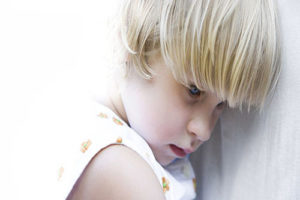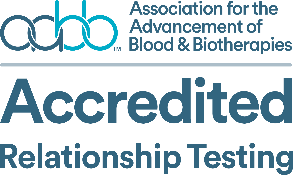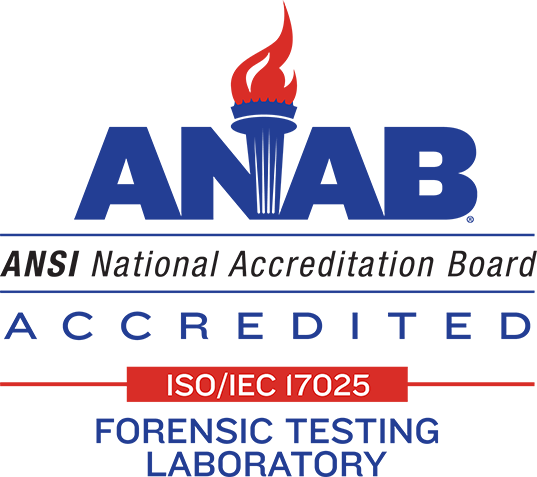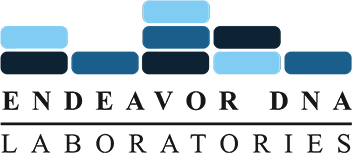Description
A DNA siblingship analysis compares the DNA of one person to that of another to determine the likelihood that they are related biologically as siblings by calculating the statistical likelihood that the parties share the same two parents, one parent, or no parent at all.
It is always recommended to test one or both of the known parents to receive the most accurate results possible, but can still be completed when the alleged parents are unavailable for testing.
Siblingship test results are best related in terms of probability and can fall anywhere between 0% and 99.99%. The higher the percentage, the more likely the tested individuals are related, however, some results may be inconclusive. In a sibling DNA test, the degree of certainty that can be achieved depends upon who is available for testing as well as the specific type of sibling relationship being tested. As a general rule, the more genetic information available, the greater the chance the test will be conclusive.
Individuals who share both biological parents are called full siblings and share around 50% of their genes. Individuals who share only one biological parent are called half siblings, and share around 25% of their genes.
There are 3 different types of statistical analyses that can be performed for DNA sibling tests, which are based on the particular parental relationship(s) in question:
Full Siblings vs. Unrelated- In these sibling tests, the DNA of two individuals is compared to determine the likelihood that they have the same biological mother and father, versus being completely unrelated.
Full Siblings vs. Half Siblings- In these sibling tests, the DNA of two individuals with the same biological mother is compared to determine the likelihood that they have the same biological father. We recommend testing samples from the biological mother to increase accuracy.
Half Siblings vs. Unrelated- In these sibling tests, the DNA of two individuals with different biological mothers is compared to determine the likelihood that they have the same biological father. We recommend testing samples from at least one—preferably both—biological mothers to increase accuracy.
All Endeavor DNA Laboratories’ siblingship tests utilize stringent, validated testing procedures and include up to 22 STR loci plus the gender identification marker amelogenin in order to achieve 100% accurate results.
We offer a 2 business day turnaround on siblingship tests utilizing buccal swabs with rush testing options available.Endeavor DNA can also test a multitude of other sample types, but longer turnaround times may apply.
Get your kit online today or give our experts a call.
ATTENTION: Our Siblingship Test is not permissible in the State of New York. AABB accredited testing activities applies to court admissible testing only.


 (888) 432-3855
(888) 432-3855 UK
UK 

 6955 N Mesa St, Ste 109, El Paso, TX 79912
6955 N Mesa St, Ste 109, El Paso, TX 79912  info@endeavordna.com
info@endeavordna.com



























